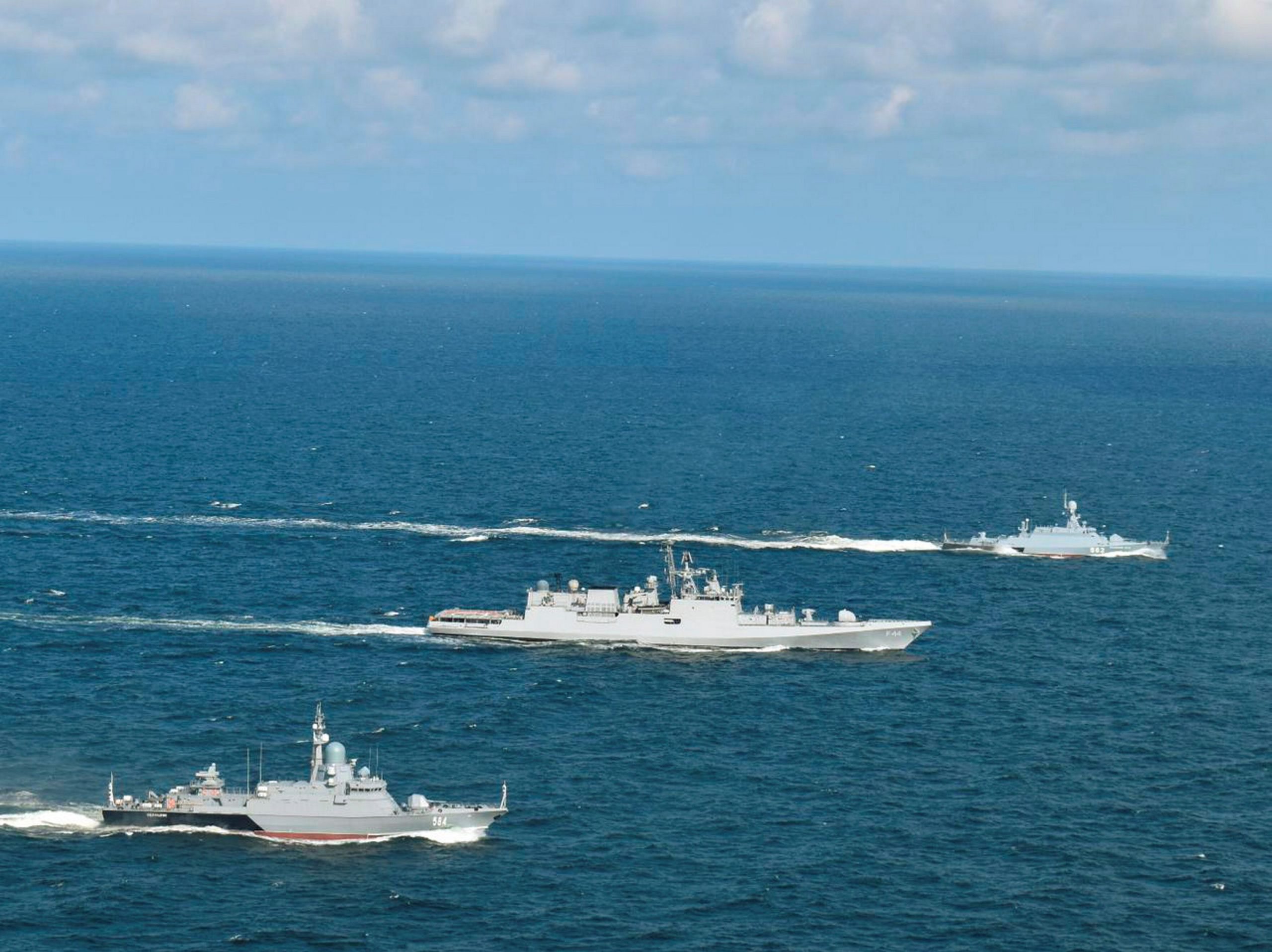Gerald R Ford, an aircraft carrier of the US Navy, on Sunday withstood 20 tonnes of explosives in an impact trial test. The explosives were detonated underwater for the test. Experts say that this successful test could reduce the threat posed by China’s ‘carrier killer’ missiles.
Gerald R Ford is the latest and the most advanced nuclear carrier that the United States possesses. It successfully cleared the third and final full ship shock trial off the coast of Florida, the American navy said in a press release. The earlier trials had been held on June 18 and July 16.
Service officials described the shock trial testing – where the Navy detonates 40,000 pounds of ordnance in the water near the hull to test both the ship and its systems – as a success, with no major injuries, no fires and no flooding, the US Naval Institute’s news portal USNI News reported.
“We had zero catastrophic failures on the ship, zero situations where we had flooding or anything, and zero fires. All that is pretty significant,” Capt. Paul Lanzilotta, Ford’s commanding officer, told reporters on Monday.
It is a test perhaps most keenly watched by China as the Chinese military since 2015 has been flaunting its DF-21D and DF-26 missiles bandied as “carrier killers” which could hit the moving aircraft carriers from a distance of 5,000 kilometers.
In the trials, held off the Florida coast in the Atlantic Ocean, 40,000lbs (20 tonnes) of explosives – equivalent to a 3.9-magnitude earthquake – were detonated underwater, each time taking place closer to the carrier. Data on the impact on the vessel was collected.
“The tests demonstrated – and proved to the crew, fairly dramatically – that the ship will be able to withstand formidable shocks and continue to operate under extreme conditions,” said Brian Metcalf, the manager of the navy’s future aircraft carrier programme office.
“Besides data collection, another reason to announce it was to send a message to China and Russia that the US aircraft carriers have super resilience and they are not worried about Chinese or Russian conventional anti-ship weapons,” commentator and former Chinese military instructor Song Zhongping said.







